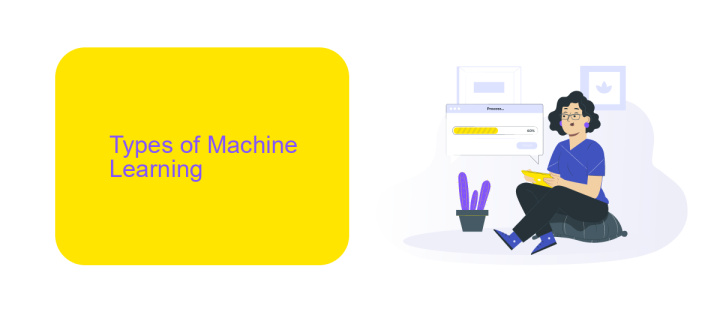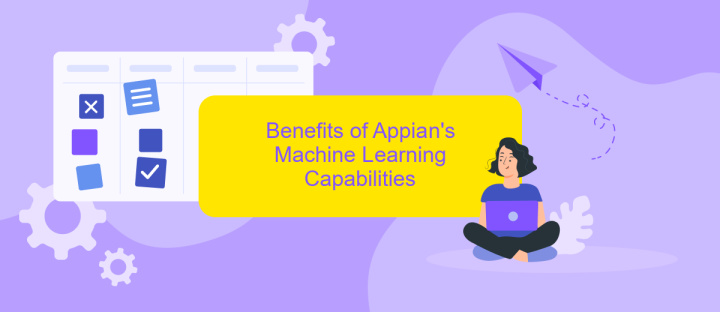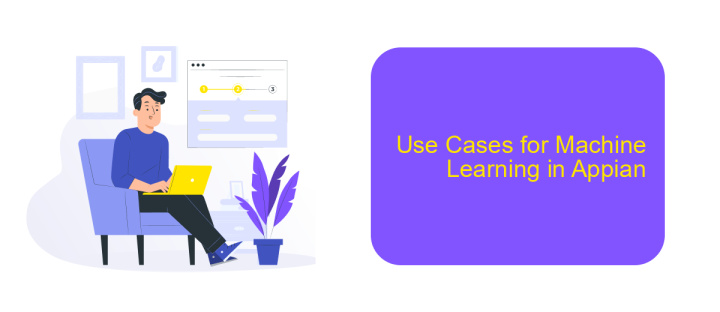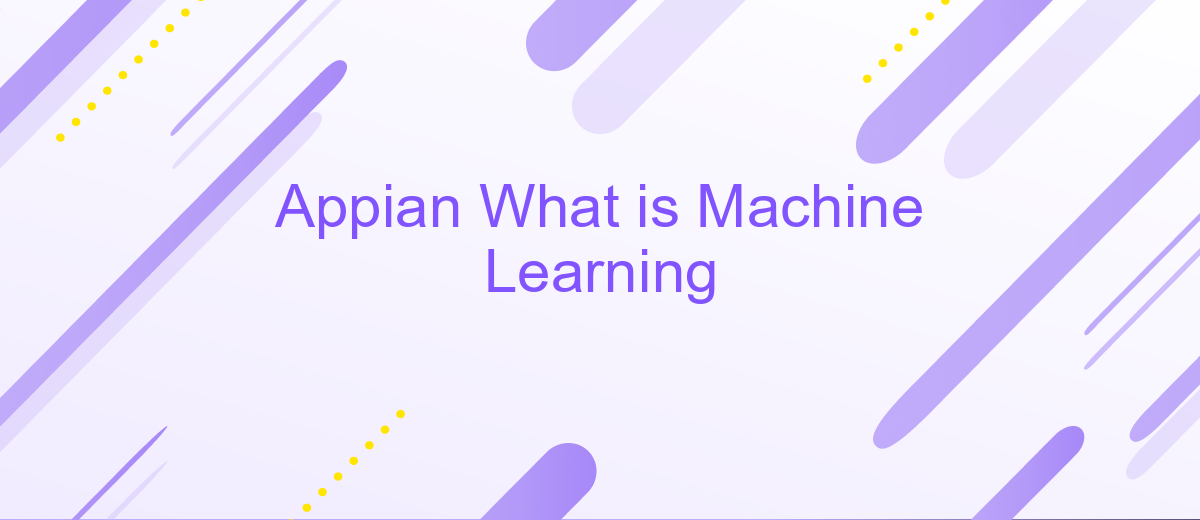Appian What is Machine Learning
Machine Learning, a subset of artificial intelligence, is revolutionizing the way businesses operate by enabling systems to learn and improve from experience without explicit programming. Appian, a leader in low-code automation, integrates machine learning to enhance decision-making, streamline processes, and boost efficiency. This article explores the fundamentals of machine learning and its transformative impact on modern enterprises.
Introduction to Machine Learning
Machine Learning (ML) is a subset of artificial intelligence (AI) that focuses on the development of algorithms allowing computers to learn from and make decisions based on data. Unlike traditional programming, where explicit instructions are given, ML enables systems to improve their performance with experience over time.
- Supervised Learning: Involves training a model on labeled data, enabling it to make predictions or decisions based on new, unseen data.
- Unsupervised Learning: Deals with unlabeled data and aims to find hidden patterns or intrinsic structures within the data.
- Reinforcement Learning: Involves training models through a system of rewards and penalties, encouraging them to take actions that maximize some notion of cumulative reward.
ML applications are vast and include areas such as healthcare, finance, and marketing. Tools like ApiX-Drive can facilitate the integration of ML models into various business processes by automating data transfers and ensuring seamless connectivity between different platforms, thus enabling more efficient and intelligent decision-making.
Types of Machine Learning

Machine learning can be categorized into several types based on the nature of the learning process and the kind of data used. The most common types include supervised learning, unsupervised learning, semi-supervised learning, and reinforcement learning. In supervised learning, the model is trained on labeled data, which means the input comes with the correct output. This type is often used for tasks like classification and regression. Unsupervised learning, on the other hand, deals with unlabeled data and is used for clustering and association tasks. It helps in finding hidden patterns or intrinsic structures in input data.
Semi-supervised learning is a middle ground between supervised and unsupervised learning, utilizing both labeled and unlabeled data to improve learning accuracy. This approach is particularly useful when acquiring a fully labeled dataset is expensive or time-consuming. Reinforcement learning involves training an agent to make a sequence of decisions by rewarding desired behaviors and punishing undesired ones. It is widely used in robotics, game playing, and navigation tasks. For integrating various machine learning models and automating workflows, tools like ApiX-Drive can be invaluable. ApiX-Drive facilitates seamless integration between different applications, enabling efficient data transfer and process automation without requiring extensive coding skills.
Benefits of Appian's Machine Learning Capabilities

Appian's machine learning capabilities offer a significant advantage for businesses looking to streamline their operations and make data-driven decisions. By leveraging advanced algorithms and predictive analytics, Appian enables organizations to gain deeper insights and improve efficiency.
1. Enhanced Decision-Making: Appian's machine learning models help in making more accurate predictions and identifying trends, allowing businesses to make informed decisions.
2. Increased Efficiency: Automation of routine tasks through machine learning reduces manual effort, freeing up resources for more strategic activities.
3. Scalability: Appian's platform can easily scale to handle large volumes of data, ensuring that machine learning models remain effective as the business grows.
4. Seamless Integration: With services like ApiX-Drive, integrating Appian's machine learning capabilities with other business tools becomes effortless, enhancing overall workflow.
These benefits make Appian's machine learning capabilities a valuable asset for any organization. By incorporating machine learning into their processes, businesses can not only optimize performance but also stay ahead of the competition in an ever-evolving market.
Use Cases for Machine Learning in Appian

Machine learning (ML) has become a cornerstone in enhancing the capabilities of business applications, and Appian is no exception. By integrating ML into Appian, organizations can automate complex processes, gain deeper insights from data, and improve decision-making.
One of the primary use cases for machine learning in Appian is predictive analytics. By leveraging historical data, ML models can predict future trends, helping businesses to make proactive decisions. Another significant application is in process automation, where ML algorithms can streamline workflows by automating repetitive tasks and reducing human error.
- Predictive analytics for trend forecasting
- Automation of repetitive tasks
- Enhanced data analytics and insights
- Improved decision-making processes
- Optimized customer experiences through personalization
Integrating these ML capabilities into Appian can be further simplified using services like ApiX-Drive. ApiX-Drive facilitates seamless integration between Appian and various ML tools, ensuring that data flows smoothly and efficiently. This integration allows businesses to harness the full potential of machine learning without the need for extensive technical expertise.
Conclusion
In conclusion, machine learning represents a transformative technology that has the potential to revolutionize various industries by automating complex tasks and providing valuable insights through data analysis. Its applications range from predictive analytics and natural language processing to more advanced fields like autonomous systems and personalized recommendations. As businesses and organizations continue to adopt machine learning, they can expect to see significant improvements in efficiency, accuracy, and innovation.
For those looking to integrate machine learning capabilities into their existing systems, services like ApiX-Drive offer a seamless way to connect various applications and automate workflows. By leveraging such integration tools, companies can streamline their operations and harness the full power of machine learning without the need for extensive technical expertise. As the technology continues to evolve, staying informed and utilizing the right tools will be crucial for maintaining a competitive edge in the rapidly changing digital landscape.
- Automate the work of an online store or landing
- Empower through integration
- Don't spend money on programmers and integrators
- Save time by automating routine tasks
FAQ
What is Machine Learning?
How is Machine Learning used in business automation?
What are the main types of Machine Learning?
How can I integrate Machine Learning into my existing systems?
What are the benefits of using Machine Learning in my business?
Routine tasks take a lot of time from employees? Do they burn out, do not have enough working day for the main duties and important things? Do you understand that the only way out of this situation in modern realities is automation? Try Apix-Drive for free and make sure that the online connector in 5 minutes of setting up integration will remove a significant part of the routine from your life and free up time for you and your employees.


